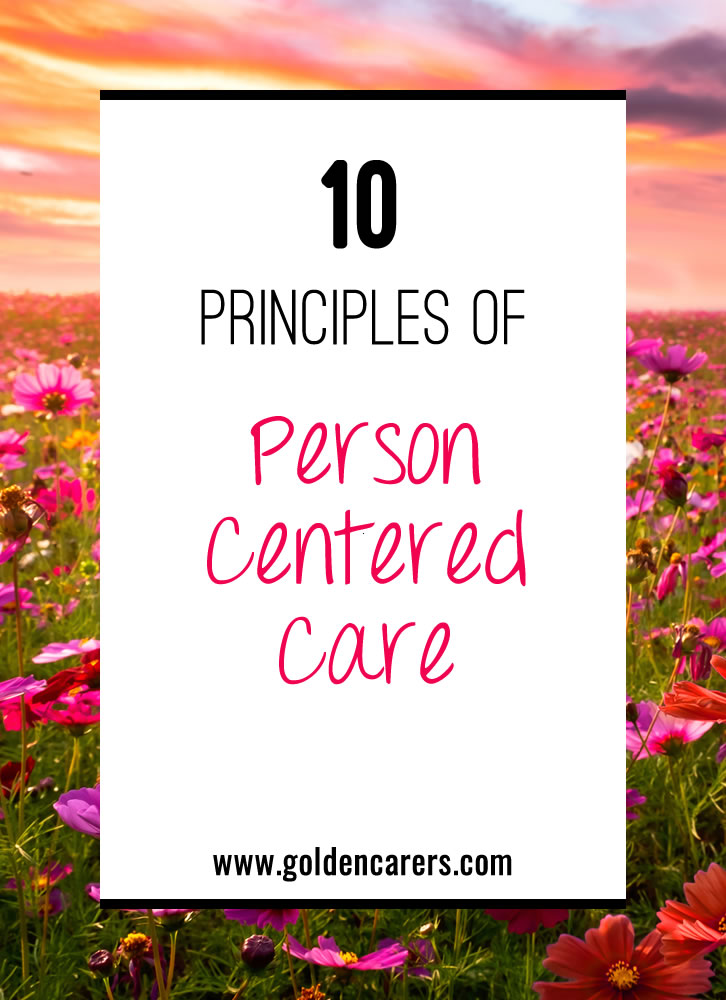
Person-centered care is a philosophical approach in which older people are placed at the center of their own care by care providers and health services.
In this article we cover:
- 10 Principles of the Person-Centered Approach
- 7 Barriers to Person-Centered Care
- The Role of Activity Professionals in Person-Centered Care
Related Activities
Comments Post a Comment

 7th May 2024
Lifestyle Coordinator
7th May 2024
Lifestyle Coordinator

 16th Jun 2020
Activity
16th Jun 2020
Activity
 22nd Jun 2020
22nd Jun 2020

 27th Feb 2019
Activities Assistant
27th Feb 2019
Activities Assistant
 2nd Mar 2019
2nd Mar 2019
 14th Jul 2015
Lifestyle + Leisure Coordinator
14th Jul 2015
Lifestyle + Leisure Coordinator
 3rd Jul 2015
Diversional Therapist
3rd Jul 2015
Diversional Therapist
Cheers


 13 Reminiscing Themes for Seniors
13 Reminiscing Themes for Seniors
 18 Ways to Bring Live Theater to Your Community
18 Ways to Bring Live Theater to Your Community
 How to Plan a Field Day for Senior Care
How to Plan a Field Day for Senior Care
 The Importance of Daily Living Activities for the Elderly
The Importance of Daily Living Activities for the Elderly

